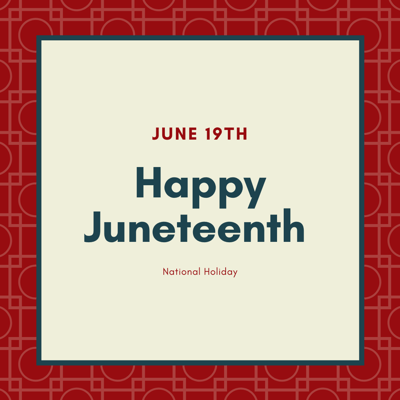.png?width=200&name=HRLawBlogGraphic%20(1).png)
Welcome to the backstitch HR law blog, a series where we provide the latest updates on upcoming and recently in-effect legislation. Our blog series will provide short snippets of State, Federal, and Global changes in HR and employment law, so your organization can continue to stay up to date in the legal world.
New York
The State of New York challenged the Final Rule in federal court claiming that the Department of Labor's (DOL) interpretation of the Family First Coronavirus Response Act (FFCRA) conflicted with the statue's text and Congress's purpose in enacting it. On August 3, a judge in the Southern District of New York agreed in a decision that vacates certain aspects of the DOL's Final Rule.
The State first disagreed with the DOL’s interpretation of the work-availibility requirement. This originally stated that employers must have work available for employees in order for them to qualify for leave under the Emergency Paid Sick Leave Act (EPSLA).
Secondly, the State sued on the DOL’s original definition of healthcare provider. The state wanted to limit the definition to employees who provide healthcare, rather than employees who work for an entity in healthcare.
The State also objected the DOL’s original rule permitting intermittent leave the ability to be taken in increments rather than block periods. The FFCRA does not recognize intermittent leave and the DOL has yet to provide solid reasoning for this decision.
Finally, the State objected the DOL’s additional documentation requirements beyond those required for access to the FFCRA.This also rejected the requirement that employees must show this documentation before taking FFCRA leave.
Though this decision could be appealed later on, it is uncertain whether these actions could be taken in time before the set end date of December 31, 2020. Read more here for further information on these changes.
Massachusetts
Governor Charlie Baker of Massachusetts signed a bill declaring Juneteenth (June 19) an annual state holiday. Baker stated this designation would help "recognize the continued need to ensure racial freedom and equity." This designation creates new obligations for employers in the state by adding Juneteenth to the list of holidays covered by the Blue Laws. Retail employees are especially affected by this addition to the Blue Laws.

Blue Laws are placed in three categories: restricted holidays, partially restricted holidays and unrestricted holidays. For the state of Massachusetts, Juneteenth was placed as a partially restricted holiday, meaning on these days work can be performed without a permit, but premium pay and voluntariness of employment requirements are applicable.

